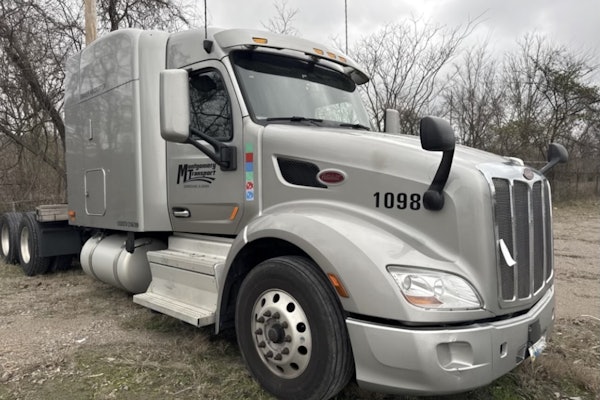New Jersey Gov. Jon S. Corzine on Wednesday, Jan. 9, named former U.S. Rep. Bob Franks to lead the campaign for his plan to increase tolls to cut state debt and pay for transportation work, the Associated Press reported. Franks is a former Republican state assemblyman and congressman who barely lost to Corzine in the 2000 U.S. Senate race.
Corzine on Tuesday, Jan. 8, introduced a plan to increase highway tolls 50 percent in 2010, 2014, 2018 and 2022. Those increases would include adjustments to reflect inflation. After 2022, tolls would increase every four years, also to reflect inflation.
Tolls would increase on the Atlantic City Expressway, Garden State Parkway and the New Jersey Turnpike and be added to Route 440 in Middlesex County. The parkway is the nation’s busiest toll road and the turnpike the nation’s fifth-busiest, according to the International Bridge, Tunnel and Turnpike Association.
Under Corzine’s plan, over the next decade, the cost of the average turnpike trip would increase from $1.20 to $5.85, the average parkway trip would rise from 35 cents to $1.60, and the average expressway toll would go from 50 cents to $2.40. A 35-cent toll would be put on Route 440 in 2010.
The parkway has had one toll increase and the turnpike four in the last 50 years. In 1989, parkway tolls increased to 35 cents per toll booth. The last turnpike toll increase was in 2003, a 17 percent hike.
Corzine wants to create a nonprofit agency that would manage the toll highways and issue bonds to bring the state a large cash infusion to pay debt and fund transportation. The bonds would be paid back by the increased tolls.
State debt has doubled since 2000 and makes New Jersey the nation’s fourth-most indebted state. The debt consumes about 10 percent of the state budget, a figure that Corzine said will rise in coming years and prevent the state from investing in key needs. And the state’s transportation fund is set to run out of money in 2011.
The administration estimates the deal could be worth as much as $37.6 billion, helping it pay off as much as $29.6 billion in toll road, transportation, open space and general debt and provide money for roadwork. Corzine wants legislators to approve the plan by mid-March.
“Without question, this will be a hard sell,” Senate President Richard J. Codey, D-Essex, told the AP. Sen. Bob Gordon, D-Bergen, told the news agency he wants the state to consider alternatives such as leasing the state lottery to a private vendor and selling development rights at train stations.
Republicans also attacked Corzine’s idea. “The governor can dress this pig in whatever terms he wants, but it’s still a pig,” state Republican Party Chairman Tom Wilson told the AP. “His proposal is the mother of all fiscal gimmicks.” Corzine cited Frank’s involvement as a sign of bipartisan support.








